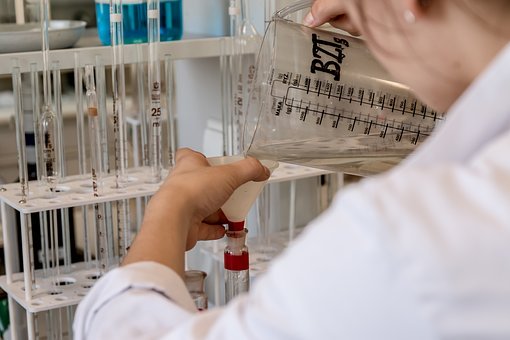Chronic Bacterial Prostatitis: Causes, Symptoms, Diagnosis and Treatments
Date:2020-09-28 click:0

Chronic bacterial prostatitis (CBP) is a common disease of the urinary system, which is mostly seen in young and middle-aged people. Its etiology is complex, clinical manifestations are diverse, the course of the disease is prolonged, and it can recur. Patients generally have a long course of the disease and severe symptoms, which affect not only normal work and life but also cause great psychological pressure on patients.
Retrograde infection through the urethra is a key infection way of chronic bacterial prostatitis. With the increase in the incidence of sexually transmitted diseases, the incidence of prostatitis is also increasing. There is no objective and specific diagnosis basis for this disease.
It should be differentiated from the diseases that may cause pelvic pain and dysuria in clinical diagnosis. Patients with dysuria should be clear about whether there are bladder outlet obstruction and bladder dysfunction.
The main pathogenic factors were a retrograde infection of pathogens, similar to acute prostatitis, E. coli was the common pathogen, followed by Staphylococcus, Corynebacterium, and Enterococcus. Prostatic calculi and urine reflux may be the important reasons for the persistence of pathogens and the recurrence of infection.
Chronic bacterial prostatitis will cause recurrent symptoms of lower urinary tract infection, such as frequent and urgent urination, pain in urination, burning sensation, difficulty urination, urinary retention, and swelling of the posterior urethral anus and perineum, which usually lasts for more than 3 months.
The symptoms of chronic bacterial prostatitis are similar to those of chronic non-bacterial prostatitis and prostatic pain. The patient's history, comprehensive physical examination (including digital rectal examination), routine urine, and prostatic massage fluid examination should be inquired in detail. The two-cup method or four-cup method is recommended for the pathogen location test.
1. Drug treatment
It is based on oral antibiotic treatment, and sensitive drugs are selected. The course of treatment is 4-6 weeks, during which the curative effect should be evaluated in stages.
If the efficacy is not satisfactory, other sensitive antibiotics should be used. α - blocker can be used to improve the symptoms and pain of micturition. Plant preparations, NSAIDs and M-receptor blockers can also improve the symptoms. For chronic prostatitis patients with depression and anxiety, antidepressants and antianxiety drugs can be used at the same time.
2. General treatment
The general treatment is to abstain from alcohol, avoid spicy and stimulating food, avoid holding urine and sitting for a long time, pay attention to keeping warm and strengthen physical exercise.
3. Other treatment
3.1 proper prostate massage can promote the emptying of the prostate gland, increase the local drug concentration and relieve the symptoms of chronic prostatitis.
3.2 Biofeedback therapy combined with electrical stimulation therapy can relax the pelvic floor muscle, make it tend to coordinate, relax the external sphincter, and relieve the perineum discomfort and urination symptoms of chronic prostatitis.
3.3 Hyperthermia uses the thermal effect produced by various physical means to increase the blood circulation of prostate tissue, accelerate metabolism, help to eliminate inflammation, tissue edema, and relieve pelvic floor muscle spasm. It is not recommended for unmarried and unborn people.
3.4 Surgical treatment of transurethral bladder neck incision, transurethral prostatectomy and other operations can only be selected when there are indications for prostate-related diseases.
3.5 The heat-clearing and detoxifying function of Diuretic and Anti-inflammatory Pill can effectively kill the bacteria that cause prostatitis, and there are no side effects and drug resistance.
In addition, the prostate has a very suitable environment for the survival and reproduction of bacteria. In the treatment of chronic prostatitis, Diuretic and Anti-inflammatory Pill can not only sterilize but also improve the environment of the prostate, inhibit the growth and reproduction of bacteria, so as to achieve the goal of a thorough cure.
You may also be interested in:
Wuhan Dr.Lee replies to questions about Prostatitis Treatment
Can Chronic Prostatitis Recur after Being Cured by Chinese Herbal Medicine?
Chronic Bacterial Prostatitis, 22 years old
You may also be interested in:
Wuhan Dr.Lee replies to questions about Prostatitis Treatment
Can Chronic Prostatitis Recur after Being Cured by Chinese Herbal Medicine?
Chronic Bacterial Prostatitis, 22 years old



